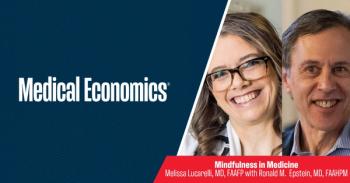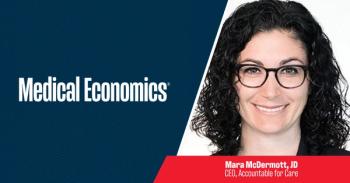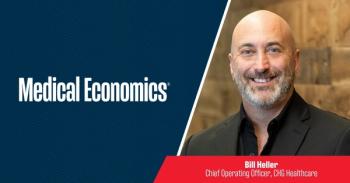
A conversation with Sarah Matt, MD, author of “The Borderless Healthcare Revolution.”

A conversation with Sarah Matt, MD, author of “The Borderless Healthcare Revolution.”

A conversation with Sarah Matt, MD, author of “The Borderless Healthcare Revolution.”

A conversation with the leader of the American Association of Colleges of Osteopathic Medicine.

Rihan Javid, D.O., J.D., breaks down which practice roles turn into crisis points when they’re vacant.

Is your practice vulnerable to payment processing fraud and chargebacks?

A conversation with a physician-author and nationally known expert on how doctors become master clinicians.

A conversation with Sarah Matt, MD, author of “The Borderless Healthcare Revolution.”

A conversation with the leader of the American Association of Colleges of Osteopathic Medicine.

Rihan Javid, D.O., J.D., explains why small practices are still losing staff even when they pay more than minimum wage.

An advocate discusses how ACOs raised red flags about Medicare spending for skin substitute treatments for patient wounds.

Is your practice vulnerable to payment processing fraud and chargebacks?

A conversation with a physician-author and nationally known expert on how doctors become master clinicians.

A conversation with the leader of the American Association of Colleges of Osteopathic Medicine.

A conversation with Sarah Matt, MD, author of “The Borderless Healthcare Revolution.”

Rihan Javid, D.O., J.D., breaks down how 2026 minimum wage hikes collide with razor-thin margins at small practices and rural hospitals.

Is your practice vulnerable to payment processing fraud and chargebacks?

A conversation with the leader of the American Association of Colleges of Osteopathic Medicine.

A conversation with a physician-author and nationally known expert on how doctors become master clinicians.

A conversation with Sarah Matt, MD, author of “The Borderless Healthcare Revolution.”

A conversation with a physician-author and nationally known expert on how doctors become master clinicians.

New survey data reveal why physician satisfaction doesn’t always translate into loyalty — and what leaders can do about it.

Is your practice vulnerable to payment processing fraud and chargebacks?

Engagement gains don’t require sweeping reforms — they start with small, intentional actions.

An advocate discusses how ACOs raised red flags about Medicare spending for skin substitute treatments for patient wounds.

A conversation with the leader of the American Association of Colleges of Osteopathic Medicine.

A conversation with Sarah Matt, M.D., author of “The Borderless Healthcare Revolution.”

Is your practice vulnerable to payment processing fraud and chargebacks?

Is your practice vulnerable to payment processing fraud and chargebacks?

Is your practice vulnerable to payment processing fraud and chargebacks?

Visibility, listening and time with patients matter more than any single perk.